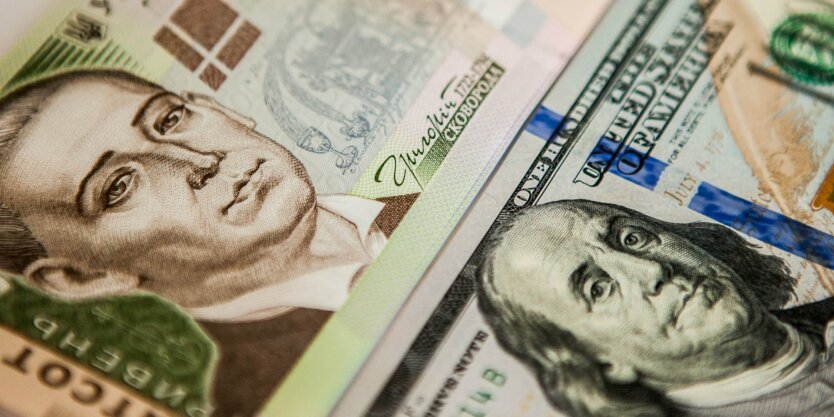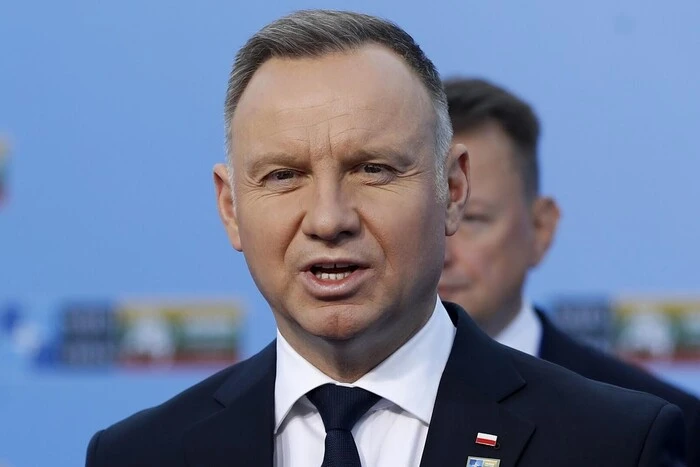Why the NBU Allowed the Weakening of the Hryvnia: Pyshnyi Explained the Regulator's Strategy.


The National Bank of Ukraine (NBU) explained the reasons and consequences of the weakening of the hryvnia a year after transitioning to a managed exchange rate flexibility regime.
According to Andriy Pyshnyi, the head of the NBU, such a change in the exchange rate positively affected the economy during the war.
"This occurred against the backdrop of a combination of exogenous factors (longer and more intensive war, destruction of energy infrastructure, rumors of a "default"), easing of monetary policy and currency restrictions by the National Bank, which was critically important for businesses and stimulating economic activity," explained Pyshnyi the reasons for the hryvnia's weakening.
The hryvnia fell against the dollar by almost 13% on the official market and by 9% on the cash market. This weakening happened due to the war and the easing of monetary policy.
However, according to Pyshnyi, this exchange rate dynamic also had positive consequences. Inflation over the year met the regulator's target of 5%. The trade deficit decreased from $24.5 billion to $22.2 billion. Also, assets in the national currency remained attractive.
Pyshnyi reminds of the high rates on hryvnia deposits and bonds. Last year, rates reached up to 12% on deposits and 19% on bonds.
Read also
- Poland officially established a day of remembrance for the victims of the genocide committed by the OUN and UPA
- Mavic is closed for us: how Ukraine solves the drone shortage problem
- Foreign Affairs: Half-Measures in Sanctions Have Prolonged the War in Ukraine for Years
- eOselya: Leading regions by the number of issued mortgage loans
- Budanov assessed whether the Russian Federation can launch 500 'Shaheds' daily
- Zelensky Strips Ukrainian Citizenship from Primate of the UOC-MP Onufriy










